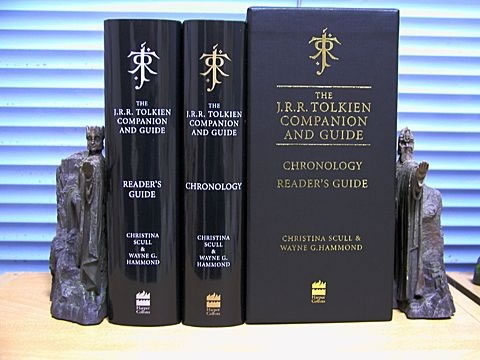
WEIGHT: 62 kg
Bust: Medium
One HOUR:100$
NIGHT: +70$
Services: Mistress, Humiliation (giving), Golden shower (out), Domination (giving), Mistress
Court of Appeals of New York. Action by Frank L. Magar against Stoddard Hammond and others. From a judgment of the Appellate Division 95 App. Henry Bacon , John J. Beattie , and George H. Carpenter , for appellants. William Vanamee , Abram F. Servin , and Thomas Watts , for respondent. This action was brought to recover damages for injuries inflicted on the plaintiff by a bullet from a rifle discharged by the defendant Tompkins, a watchman or gamekeeper employed by the defendant Hammond to guard a fishpond, and against said Hammond.
The pond was situate in a tract of acres of forest land in Sullivan county , in this state. The defendant Hammond had stocked it with fish and posted the notices required by law for its protection. The plaintiff , with two companions, at night, had been taking trout from the pond, and was in the woods on its bank when Tompkins passed by in a boat and fired either three or four shots at him and his companions, as claimed by the plaintiff , the third of which struck the plaintiff.

On the other hand, Tompkins denied he was in any way aware that the plaintiff , or any other person, was in the adjacent woods, and asserted that he fired the shots in the air simply to frighten off any poachers that might be in the vicinity. The case has been here before, when a judgment recovered by the plaintiff was reversed for error in the charge.
In the report of that appeal the facts of the case are recited in detail. The evidence given on the present trial is substantially the same as that on the previous one. We think the rules of law applicable to the case are well settled and comparatively simple. The plaintiff and his companions were trespassing on the premises of the defendant Hammondand engaged in the commission of a crime.

The defendants , therefore, owed them no duty of affirmative care, and the only obligation resting upon the defendants was to abstain from willfully, wantonly, or recklessly injuring them. Sutton v. Same , N. But, though the plaintiff and his associates were engaged in the commission of a crime, that crime was only a misdemeanor, and it did not authorize the use against them of a deadly weapon or the infliction upon them of serious bodily harm.





































